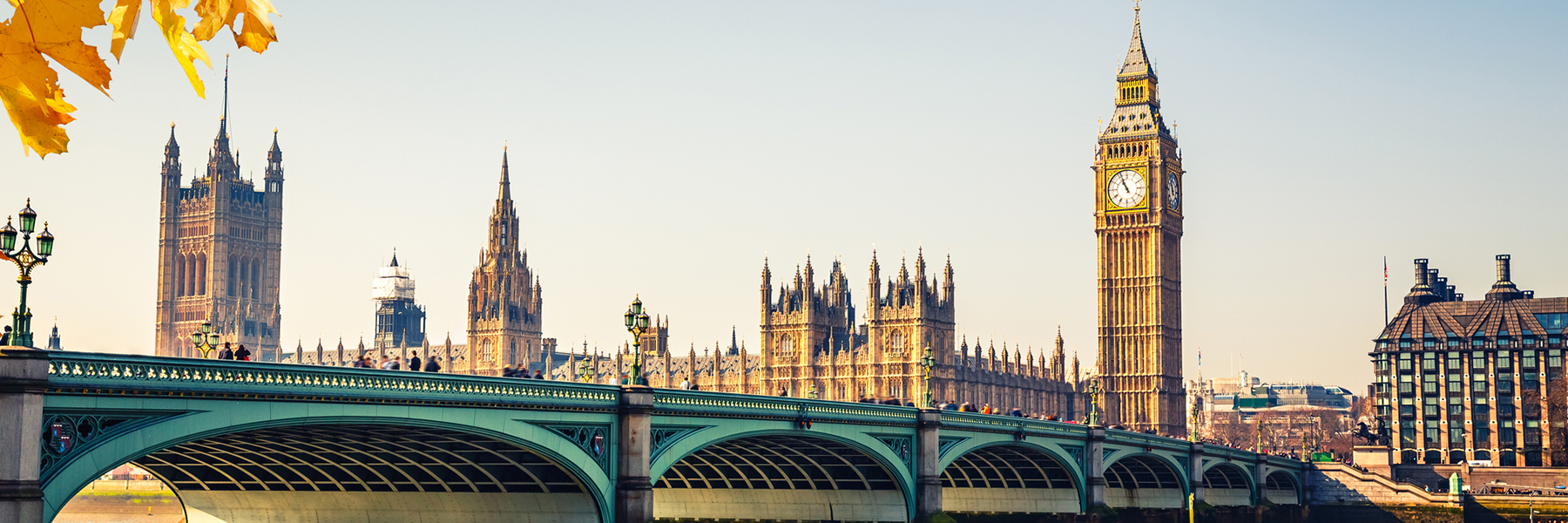If you are not a European Union Citizen you will only have the right to access the NHS for free once you have an immigration status of ‘indefinite leave to remain’. This means you have permission to stay in England for as long as you wish.
If you are moving to the UK for less than 6 months you may be charged for NHS services unless an exemption applies to you. If you are moving to the UK for more than 6 months but do not meet the requirements to be considered a resident then you will be charged an immigration health surcharge of:
- £150 per year per person for students and each of their dependents
- £200 per year per person for everyone else
You will pay this when you are applying for your visa. Once you have paid this charge you can access NHS services for free. However paying the surcharge does not mean you can avoid waiting lists or will be treated faster, it only allows you to access the NHS. Your needs will be assessed and, again, you may be added to a waiting list for treatment in a hospital.


